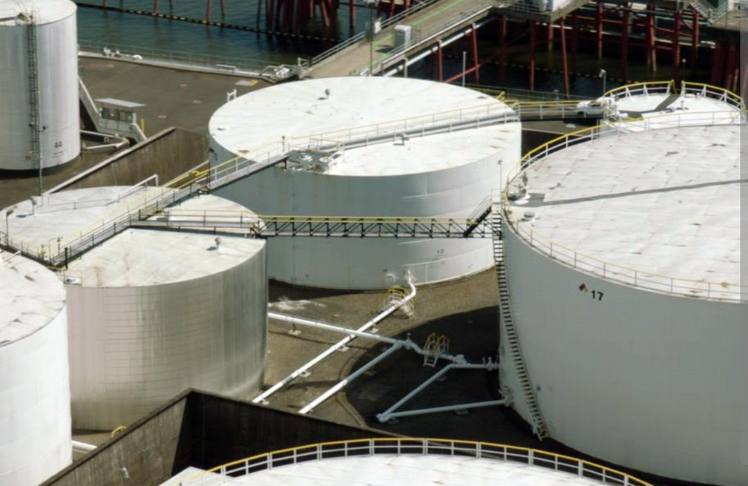
The State of Montana, Attorney General Austin Knudsen filed a lawsuit in federal court recently challenging Portland’s policies that block the transportation of fuel through its borders and hinder the ability of Montana energy products to reach regional and international markets. The lawsuit asks the court to permanently prevent the city from taking further action to enforce or implement the fossil fuel terminal ordinance and related policies.
The other plaintiffs are the Western Energy Alliance, Pacific Propane Gas Association, Idaho Petroleum Marketers and Convenience Store Association, and Christensen, Inc. Starting in 2015, Portland enacted binding policies to block the transportation of fuel through its border that prohibit the construction or expansion of transportation infrastructure that could be used to transport fuel outside the region.
Portland’s ordinance dictates interstate and international trade policy, severs states throughout the west from fuel distribution streams, and the suit says it is a violation of the United States Constitution and federal law. The suit states the Portland’s policies violate the Dormant Commerce Clause, Foreign Commerce Clause, and Due Process Clause of the U.S. Constitution.
“American energy independence, which is critical for our national security and economic well-being, depends on reliable infrastructure to move products to consumers. The Portland government is artificially and intentionally preventing new and expanded infrastructure in order achieve its politically motivated ‘climate action plan,'” Attorney General Knudsen said.
Knudsen also said, “…Portland’s hypocritical policies kneecap Montana industries and workers from getting our energy products to market while trying to protect its own citizens from the consequences of its short-sighted actions.” Portland’s city government initially welcomed additional investment in new terminals that would enable oil and gas developed in Montana, North Dakota, and other states to reach markets in Asia via marine transportation but reversed course after political opposition.
Portland is a key transportation hub for energy distribution with a deep-water seaport, rail hub, truck distribution, and petroleum and natural gas pipelines, including the 400-mile Olympic Pipeline that connects Puget Sound refineries with a cluster of ten petroleum terminals in the city.












